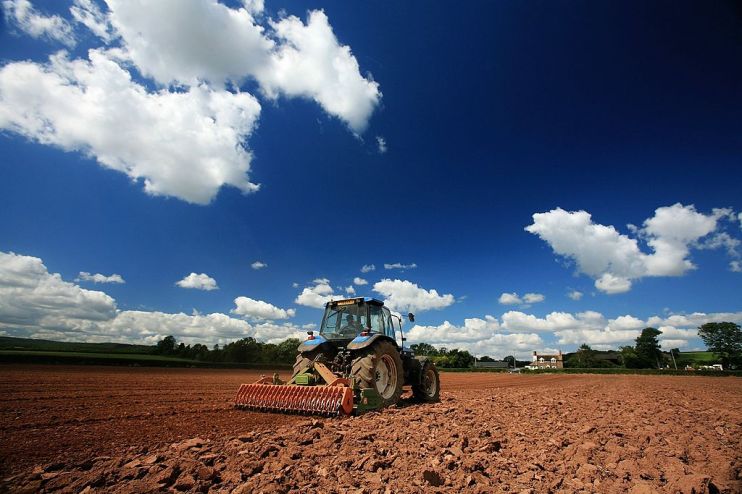Tax experts question £3m family farm IHT exemption as not ‘realistic’

The government’s claim that family farms will benefit from a £3m tax exemption has been questioned by tax experts.
Prime Minister Sir Keir Starmer has argued in defence of Chancellor Rachel Reeves’ move in the Budget to charge inheritance tax (IHT) on agricultural land worth above £1m.
He said earlier this month that in a “typical case” farmers would receive an exemption of “£3m before any inheritance tax will be payable”.
But the decision prompted widespread fury from farmers who fear increasing IHT could mean they are forced to sell up land which may have been farmed for generations.
Now several tax experts have queried the Prime Minister’s claim, suggesting to the Financial Times (FT) that Starmers’s £3m exemption may be “misleading” and not “realistic”, as in order to receive the full amount farmers would have to abide by complicated requirements.
Emma Haley, legal director at law firm Boodle Hatfield, told the newspaper: “It’s not necessarily that the £3mn figure that’s been bandied about is wrong, it’s more misleading.
“The difficulty is there are various traps that can limit the allowance that everyone has.”
Tax relief queries
While Camilla Wallace, senior partner at Wedlake Bell, told the FT the £3m figure was “not likely to be realistic when you drill down”, and suggested £2.65m was a better farm tax relief estimate.
The £3m exemption would be reached by combining £1m of agricultural property relief (APR) post-April 2026, in addition to a £325,000 assets exemption and a £175,000 exemption for passing down a home to descendants.
Adding up to £1.5m, the total exemption would need to be applied to both partners in a married couple in order to qualify for the full £3m, meaning farms owned by a single person or an unmarried or un-civil partnered couple would not benefit.
Complexities also arise over splitting the ownership of the farm after the first spouse’s death, in order to qualify for the full relief, without going over the £1m APR threshold.
Haley added: “On the first death you’re going to have to make sure you pass the estate to somebody else and they will become a joint owner with the spouse. It becomes very messy.”
HM Treasury (HMT) and the National Farmers’ Union (NFU) have argued over the number of farms the IHT change will apply to, with HMT claiming it is around a quarter while the NFU insist it is closer to three quarters of all UK farms.
Revenue raiser
Speaking to MPs at the Liaison Committee before Christmas, and asked who the targets of this farm tax policy were, Starmer admitted: “The purpose was to raise revenue in the budget.”
He continued: “It wasn’t aimed at a particular group of individuals. We inherited a really bad situation and we decided we couldn’t hit the pay packets of working people.
“It wasn’t targeted at this group or that group. What we tried to do was protect the family farm by putting a high threshold.”
A government spokesperson said: “Two people with farmland can pass on up to £3m without paying any inheritance tax.
“Our reform to Agricultural and Business Property Relief will impact around 500 estates a year. For these estates, inheritance tax will be at half the rate paid by others, with 10 years to pay the liability back interest free.
“This is a fair and balanced approach which fixes the public services we all rely on.”
